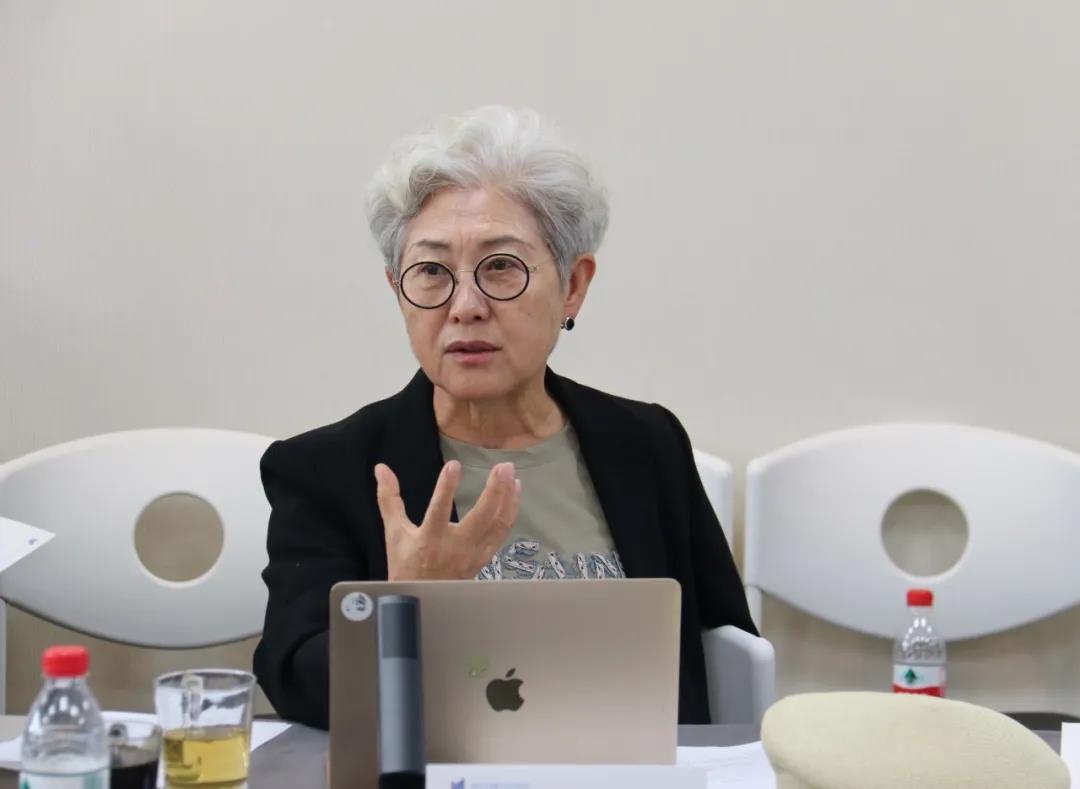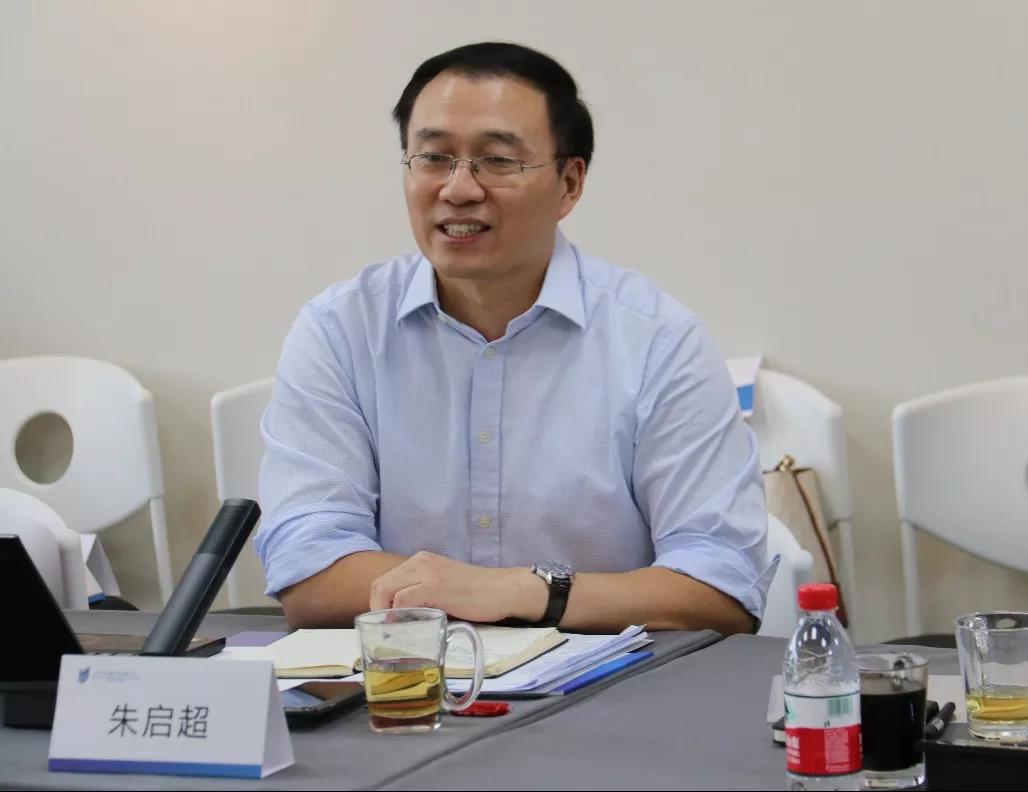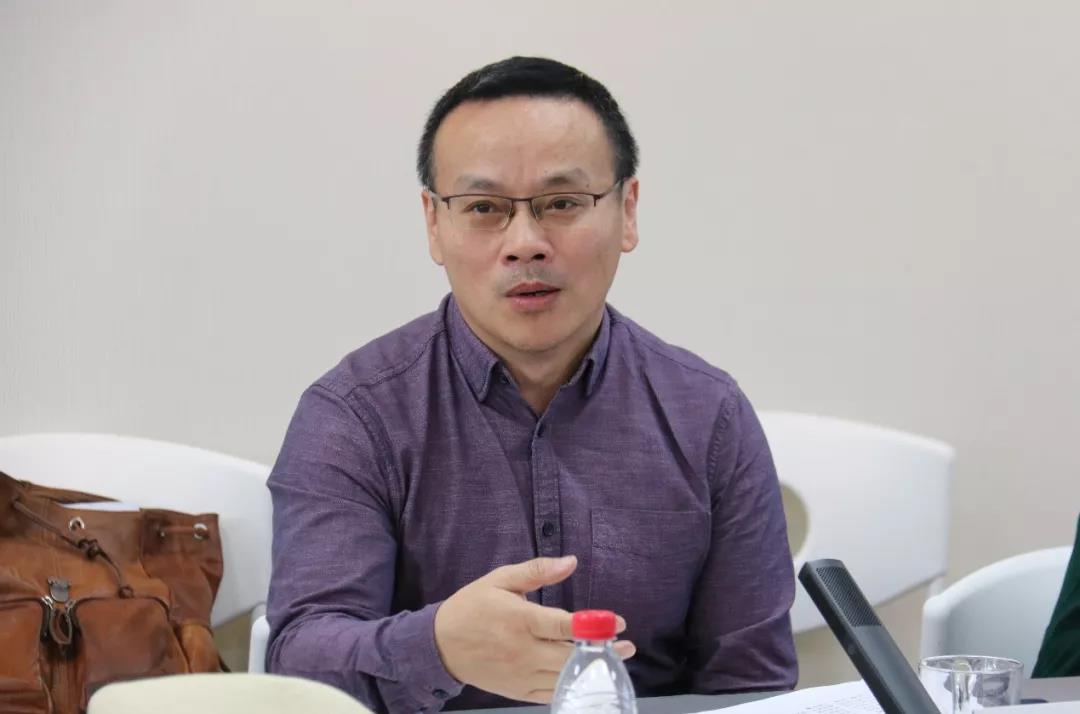On September 25, 2021, the Center for International Security and Strategy (CISS) of Tsinghua University held a seminar themed “AI and International Security,” convening experts from Tsinghua University, China People’s Liberation Army National Defense University, National University of Defense Technology (NUDT), China Arms Control and Disarmament Association (CACDA), Development Strategy Research Center of China Electronics Technology Group Corporation, and Beijing University of Posts and Telecommunications (BUPT) for an in-depth look at the terminology and scenarios concerning AI and international security. Mme. FU Ying, Chair of CISS, attended the event, which was presided over by Professor ZHU Qichao, Fellow and Deputy Director of the Center for National Defense Technology and Strategic Studies of National University of Defense Technology.


The panelists pointed to three challenges in reaching a global consensus on the definition of AI. First, among a variety of definitions of AI put forward across the academia, there are major differences in how they distinguish between important concepts such as “intelligent,” “fully autonomous,” and “semi-autonomous.” Second, the immaturity of AI technology and insufficiency of publicly available cases of military applications of AI have resulted in a lack of information for terminology studies. Third, the structural divergences in technical knowledge and understanding among countries, as can be seen in the negotiations on the regulation of lethal autonomous weapons systems within the United Nations Convention on Certain Conventional Weapons, have made it even more difficult to forge international consensus.

Mr. LI Chijiang, Secretary-General of CACDA, noted that it is necessary for China and the United States to draw upon their successful dialogue on nuclear terms and engage in Track II dialogues on the definition of AI. Talking about scenario simulations of AI military applications, Professor LIU Wei from BUPT pointed out that there is a difference between the “intelligence” of AI technology and human intelligence in military decision-making, which needs to be reflected in the scenario simulations. Furthermore, Professor XIE Haibin from NUDT suggested conducting simulations and dry runs on the existing AI military deployment and applications. In addition, other discussants argued that a major challenge in scenario simulation is the potential conflict of rules of engagement in complex battlefields. For example, it may be difficult for AI to discern civilian facilities harboring military targets in a military attack, and such an attack in which the nature of the target is difficult to identify may violate established rules of engagement.

The project lead, Professor ZHU Qichao, presented the objectives of the project for the present phase and assigned tasks for his Chinese team members, encouraging them to play to their respective expertise in interpreting essential AI terms using open documentation, providing suggestions for the establishment of mutual trust mechanisms in the field of AI, and forecasting future AI trends through dialogue and exchange. In his concluding remarks, Professor CHEN Qi, co-lead of the project team and Secretary-General of CISS, highlighted the significance of Track II dialogues in enhancing mutual understanding, and made concrete suggestions to the team on its research process and outcome presentation.
The meeting kicked off with an introduction by CISS Deputy Director XIAO Qian on the achievements of the joint research project between CISS, the Brookings Institution, the Berggruen Institute and the Minderoo Foundation on the challenges and governance of AI in international security, in which she also conveyed her appreciation to the participating experts for their support to the project.
Initiated in 2019, AI and International Security project is a joint research project between CISS and the Brookings Institution focusing on the impact of AI development on international security. The two institutions convene Chinese and American expert groups respectively to conduct research on relevant topics, and have held four rounds of dialogues between the two expert groups. The preliminary outcomes of the joint project were announced at the inaugural Tsinghua University International AI Cooperation and Governance Forum on December 18, 2020, and the fifth round of China-US expert dialogue is due to take place at the end of October 2021.
